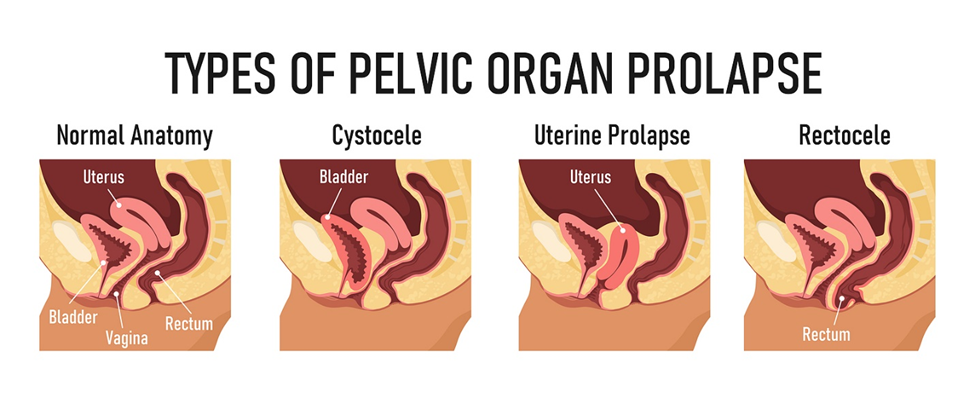A nurse is working with a victim of violence. Which statement would be most appropriate to empower the victim to take action?
"Change your behavior so as not to trigger the violence."
"Remember-children do best in two-parent families."
"Give your partner more time to come around."
"You are a good person, and you deserve better than this."
The Correct Answer is D
A. "Change your behavior so as not to trigger the violence."
This statement is victim-blaming and places the responsibility for the violence on the victim. It suggests that the victim's actions or behavior are the cause of the violence they are experiencing, which is not true. This type of response can further disempower the victim and perpetuate a cycle of abuse by implying that they have control over the perpetrator's actions.
B. "Remember-children do best in two-parent families."
This statement is not only irrelevant but also potentially harmful. It implies that the victim should prioritize maintaining the family structure over their own safety and well-being. Additionally, it disregards the fact that exposure to domestic violence can have serious negative impacts on children's emotional and psychological development. Encouraging the victim to stay in an abusive relationship for the sake of the children is not empowering and fails to address the root issue of the violence.
C. "Give your partner more time to come around."
This statement minimizes the severity of the situation and suggests that the victim should be patient and wait for the perpetrator to change their behavior. It fails to recognize that domestic violence is a pattern of coercive control and manipulation, and waiting for the perpetrator to "come around" may put the victim at further risk of harm. Encouraging the victim to wait for change also implies that they do not have the right to safety and autonomy until the perpetrator decides to change, which is not empowering.
D. "You are a good person, and you deserve better than this."
This statement acknowledges the victim's inherent worth and validates their experience of abuse. It empowers the victim to recognize that they deserve to be treated with respect and dignity, and it encourages them to take action to protect themselves and seek help. By affirming the victim's worth and agency, this statement can help build their confidence and resilience, making it more likely that they will take steps to address the violence and seek support.
Nursing Test Bank
Naxlex Comprehensive Predictor Exams
Related Questions
Correct Answer is C
Explanation
A. Postterm labor:
Postterm labor refers to labor that occurs after 42 weeks of gestation. While stress and trauma can contribute to preterm labor, there isn't a direct association between violence during pregnancy and postterm labor.
B. Chorioamnionitis:
Chorioamnionitis is an infection of the fetal membranes (chorion and amnion) and amniotic fluid. While violence during pregnancy doesn't directly cause chorioamnionitis, infections can occur if there are injuries sustained during violent episodes or if there's poor prenatal care due to the effects of violence.
C. Gestational hypertension:
Gestational hypertension, also known as pregnancy-induced hypertension, is characterized by high blood pressure that develops during pregnancy. Chronic stress and anxiety resulting from violence during pregnancy can contribute to elevated blood pressure levels, potentially leading to gestational hypertension.
D. Placenta previa:
Placenta previa occurs when the placenta partially or completely covers the cervix, increasing the risk of bleeding during pregnancy and delivery. While violence during pregnancy doesn't directly cause placenta previa, it can indirectly impact placental health and function due to stress-induced physiological changes.
Correct Answer is ["A","D","E"]
Explanation
A. Rectocele:
A rectocele is a type of pelvic organ prolapse where the rectum bulges into the back wall of the vagina. Management and care of women with rectocele are relevant to the topic of pelvic organ prolapse.
B. Fecal incontinence:
Fecal incontinence refers to the inability to control bowel movements, which is not a typical symptom or complication of pelvic organ prolapse. While pelvic floor dysfunction can contribute to fecal incontinence, it is not the primary focus of care for women with pelvic organ prolapse.
C. Urinary incontinence:
Urinary incontinence, particularly stress urinary incontinence, can coexist with pelvic organ prolapse due to pelvic floor muscle weakness. However, urinary incontinence is a separate condition that may require different management approaches compared to pelvic organ prolapse. While relevant in the context of pelvic floor dysfunction, urinary incontinence is not specific to the care of women with pelvic organ prolapse.
D. Cystocele:
A cystocele is a type of pelvic organ prolapse where the bladder protrudes into the front wall of the vagina. Management and care of women with cystocele are also pertinent to the topic of pelvic organ prolapse.
E. Enterocele:
An enterocele is a type of pelvic organ prolapse where the small intestine bulges into the upper vaginal wall. Information about the care of women with enterocele would be expected in a journal article about pelvic organ prolapse.

Whether you are a student looking to ace your exams or a practicing nurse seeking to enhance your expertise , our nursing education contents will empower you with the confidence and competence to make a difference in the lives of patients and become a respected leader in the healthcare field.
Visit Naxlex, invest in your future and unlock endless possibilities with our unparalleled nursing education contents today
Report Wrong Answer on the Current Question
Do you disagree with the answer? If yes, what is your expected answer? Explain.
Kindly be descriptive with the issue you are facing.
